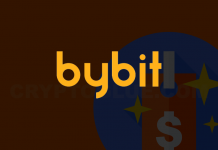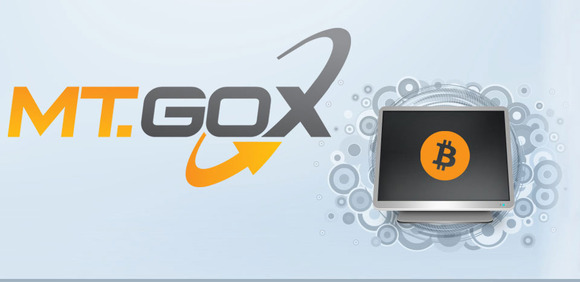Spanish Bitcoin startup Coinffeine has launched the world’s first decentralized Bitcoin exchange platform in more than 70 countries, including Russia, China, Indonesia and Brazil.
The company, which claimed in November 2014, to be the worlds first Bitcoin startup in having financial support of a large banking partner, the Spanish bank Bankinter.
The Coinffeine platform is still in beta, and the company recommends only using moderate amounts of money. This is partly due to the current lack of liquidity, which they hope to address by adding more liquidity partners.
The Coinffeine founders describe the platform as “BitTorrent for Bitcoin,” a decentralized exchange based on peer-to-peer operations.
The Coinffeine website states that, “Coinffeine is completely distributed, just like BitTorrent,”. “The exchange is done peer-to-peer (P2P), so there is only a very limited disclosure of information (your payment processor account so the money can be transferred) with the person you are doing the exchange. You are always in control of your bitcoins, and your trusted payment processor of choice is in control of your local currency.”
Coinffeine CEO, Alberto Gómez Toribio, said, “To use Coinffeine is as simple as using LocalBitcoins, but as powerful as using Coinbase or BitStamp”.
“We want our customers to be those who simply have a PayPal like account and want to buy or sell bitcoins in a simple and effective way”, said Gómez.
The benefit of having a decentralised exchange is that Banks and governments cannot interfere with your own transactions. Your personal details are also shielded. Governments lose visibility of what you are using your fiat for. Many of today’s exchanges such as Coinbase, Bitstamp & Bitfinex are considered reputable, trusted and responsible businesses. This fact does not stop banks and governments monitoring fiat transfers in and out of the exchange’s bank accounts. These centralised exchanges are also obliged to provide your details to governments or law enforcement under the proper instructions from authorities.
Major exchanges such as Coinbase and Bitstamp work just fine and, after the first turbulent years with massive failures like Mt. Gox, many of today’s bitcoin exchanges are solid, responsible and professional businesses. However, banks have been rumored to monitor transactions to and from bitcoin exchanges, and report them to the government under instructions from the authorities. In fact it has already been reported that banks are required to keep a record of anyone who is suspected handling more than 1000€ in bitcoin activity.
Coinffeine works like traditional exchanges, but using external payment processors – such as PayPal or local processors – to manage funds in local currencies, and a desktop application to manage bitcoin. The P2P Coinffeine system works without requiring the company to hold user deposits in bitcoin or local currencies. Therefore, Coinffeine doesn’t have to identify users or take costly measures to comply with know your customer (KYC) and anti-money laundering (AML) regulations in each country.
“Not having to identify users or enforce KYC (know-your-customer) laws has allowed us to design a much more scalable exchange model,” said Gómez. “But what is even more interesting, is the user experience we offer. Coinffeine is like BitTorrent. You just download it, you connect your Okpay account, or PayPal in the future, and use it.”
Many users claim that Coinffeine is no different from other exchanges, as they just outsource the KYC and AML task to the payment providers, which is currently only Okpay. Although Coinffeine expects to integrate other payment processors in the near future. We suspect that users will still have to comply with KYC and AML with all of the payment providers, before being able to transfer fiat in and out of Coinffeine.




























